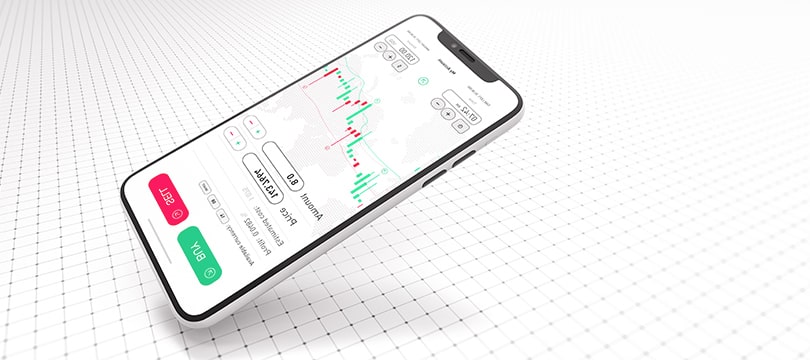The economic calendar is a very useful tool for traders to know when the next events that could affect their fundamental analysis will occur. In the following lines, we have decided to explain to you what an economic calendar is, what its most interesting features are, and how to read and use a tool that will allow you to plan your decisions in advance, better manage risk, and support strategic trading decisions.
What is an economic calendar?
An economic calendar is a resource that allows traders and operators to understand when certain events will be released by some of the most important economies in the world.
These events translate into indicators such as GDP, the consumer price index, or the wage report. Furthermore, nowadays, it can be really important and interesting to also understand what the planned interventions by the central bank will be and to gather fundamental news for your online trading.
Generally, most
online Forex trading platforms allow access to an economic calendar that is divided by country, region, time zone, and classifies events in terms of low, medium, or high importance depending on the impact they may have on the market.
How to read the forex economic calendar?
Therefore, knowing how to correctly read the Forex economic calendar is essential to make your trading analyses and strategies truly effective. For example, checking the calendar every morning will allow you to understand what the next events that matter will be.
Therefore, your goal is to match the economists' forecasts associated with those events in order to understand what the market expectations will be and the impact they will have on your predictions.
The advantages of using an economic calendar for your Forex investments
But what are the concrete advantages of using a tool of this type for your Forex investments? Essentially, there are three great benefits that derive from using the economic calendar. In particular:
- You will be able to effectively manage risk
- Be able to plan your actions in advance
- Have access to extra features to be able to customize the display and have everything under control
As for risk management, being able to plan your trades based on some of the key events in the economic calendar is a great way to prepare yourself to face possible market turbulence.
When an event is about to arrive, the market may experience moments of high volatility based on the way data related to this event is released. Therefore, it is essential to understand the principle of risk management in relation to these events. Risk is defined as the difference between the entry price and the stop loss price, multiplied by the size of the position at stake.
As mentioned, therefore, the economic calendar allows you to plan your moves in advance. For example, if as a trader you are aware that a wage report will be released, you will also know that this indicator will have a particularly sharp impact on the forex market. Therefore, awareness of these events will lead you to plan operations accordingly.
Ultimately, with a good level economic calendar, you may be able to access information based on your needs. This means that it requires a certain degree of customization through which you can select precise intervals, set alerts, apply filters, and make it perfect for the strategy you want to implement.
Conclusions
Ultimately, an economic calendar is a must-have for every trader who wants to make their investment activity in the financial markets serious. As you may have understood, this is a fundamental tool that allows you to understand when some of the most important events that could cause major turbulence in the market will occur.
Our advice is to choose an economic calendar through which you can set a certain degree of customization to be able to access all data and information in the simplest way possible. The economic calendar, therefore, is a resource that you simply cannot do without!




